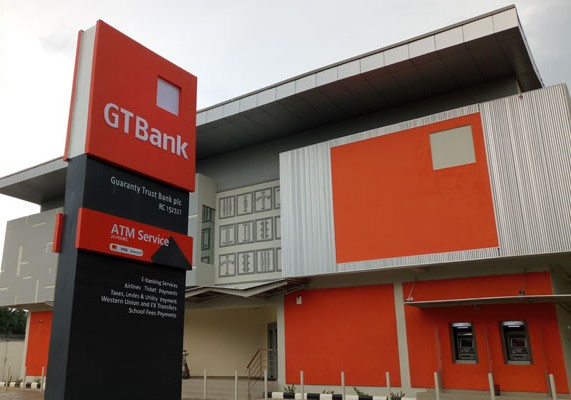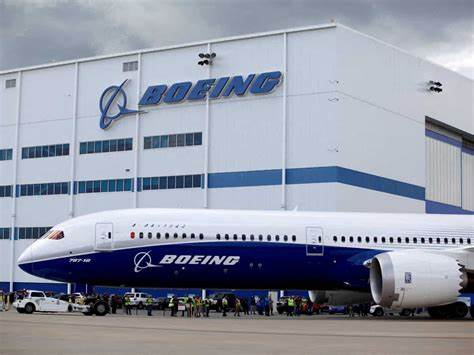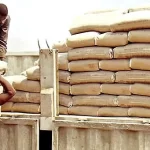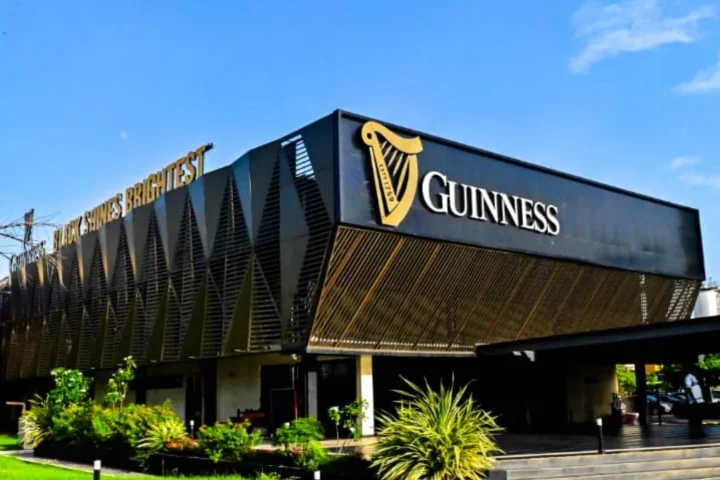Another Petrol Price Hike Hits Nigerians
Nigeria is grappling with yet another petrol price hike, a rise that has sent shockwaves through households, businesses, and the economy at large. The price of petrol has now soared to an unprecedented N1,060 per litre in Abuja and N1,025 in Lagos, a jump of over 570% since the government removed fuel subsidies in May 2023. The ripple effect on everyday life has been immense, and the nation’s citizens are beginning to question the reforms meant to improve their lives.
This increase isn’t just a figure at the pump but a reflection of broader economic issues that show no sign of abating. The naira, once valued at N460 to the dollar, has plummeted, making imports and daily expenses costly for the average Nigerian. With inflation reaching 34.8%, the price hike has deepened the financial hardships faced by Nigerians.
Join our WhatsApp Channel“Petrol Price Hike”: Widespread Frustration from Nigerians
Across Nigeria, frustration is mounting as citizens struggle to cope with the rising costs. Maryam Ibrahim, a Lagos-based shop owner, captures the feelings of many Nigerians: “I can’t afford to run my generator anymore. Even customers are spending less because everyone is holding onto their money for basic needs.”
Similarly, Ayodele Adedayo, a public bus driver, speaks about the dilemma faced by his family. “The price of petrol has forced me to increase my fares, but passengers get angry. They don’t understand that we have no choice. If petrol prices go up, I have to raise fares to survive,” he says.
Experts Speak: The Economic Consequences of Price Hikes
Economic experts warn of further hardship unless critical measures are taken to cushion the effects. Dele Oye, the President of the Nigerian Association of Chambers of Commerce, Industry, Mines, and Agriculture, asserts that ineffective monetary policies and exchange rate instability exacerbate the situation. “If the naira doesn’t stabilise, we’re looking at an unending cycle of price increases. No matter what happens globally, Nigerians will feel the burn locally,” he says.
According to Oye, there’s an urgent need for policy adjustments that consider the realities of Nigerians on the ground. “Fuel and FX subsidies may no longer exist, but the government must still play a role in making essentials affordable,” he explains.
Dangote Refinery’s Role: A Missed Opportunity?
Adding to the frustration is the recent start of operations at the Dangote Refinery. Nigerians had high hopes that local refining would alleviate some of the financial burdens, but instead, prices have only risen. Despite a crude-for-naira sales agreement, domestic prices are still pegged to the dollar. Many citizens feel let down by the lack of tangible benefits from the refinery.
Economist and public policy analyst John Nwachukwu says this pegging issue could have been avoided. “If the government had chosen to sell crude at discounted rates in naira to local refineries, Nigerians would not be paying international prices. It’s a lost opportunity to ease our economic woes,” he contends.
READ ALSO: Obi Calls On Tinubu To Reverse New Petrol Price Hike
Rising Demand for Government Intervention Amidst the “Petrol Price Hike”
As the situation worsens, calls for government intervention have become louder. Stakeholders argue that immediate relief measures are essential, particularly in food, healthcare, and transport sectors. The Nigerian government’s recent announcement to suspend tariffs on food items and other essentials, however, remains largely unimplemented.
A recent survey by Picodi revealed that Nigerian households spend 59% of their income on food, the highest rate in the world. Experts urge the government to extend this suspension and to include more food items and essentials, especially for low-income households. “The 150-day tariff suspension needs to be extended. Nigerians are already struggling, and without intervention, we’re heading toward a crisis,” Nwachukwu notes.
Conditional Cash Transfers: A Viable Solution?
As Nigerians buckle under inflation and the ongoing petrol price hike, another solution proposed by experts involves expanding the government’s conditional cash transfer scheme. Many citizens feel this might offer temporary relief from rising costs.
However, for this initiative to work, experts believe that it must be implemented efficiently. Economist Linda Okoye points out, “Cash transfers can’t just be a political gimmick. It must reach the neediest households, and this requires accurate data collection—not data from political party lists.” She stresses that the scheme’s success depends on targeting genuine beneficiaries.
“Petrol Price Hike” and the Threat to Small Businesses
Small businesses are also on the verge of collapse due to the petrol price hike. Many, like Ibrahim, face stark choices as they struggle with inflated operational costs. Ibrahim admits, “We’re barely breaking even. Sales are down, and we can’t afford the electricity costs. Every time petrol prices rise, it chips away at my business. How can small businesses survive like this?”
According to the Nigerian Midstream and Downstream Petroleum Regulatory Authority, demand for petrol has dropped sharply due to high costs, affecting both consumers and local oil marketers. With demand down 92% since May, the outlook for small businesses, many of which depend on affordable fuel, appears bleak.
Can a Price Stabilisation Strategy Ease Nigerians’ Pain?
Some economic analysts suggest that a price stabilisation strategy could ease some of the pressures on Nigerians. This strategy would involve setting a cap on petrol prices within reasonable limits to avoid excessive price volatility that directly affects citizens’ daily lives.
“If the government could introduce a stabilisation mechanism, like a targeted subsidy for small businesses or capping domestic petrol prices within a realistic range, it would help ease the financial burden on citizens,” suggests Oye. While he acknowledges that subsidy removal was intended to boost economic efficiency, he believes that the welfare of citizens should come first.
Nigerians’ Outlook: Survival or Hope?
In the face of such adversity, Nigerians are showing resilience, yet many worry that this situation could lead to greater poverty. Reflecting on this sentiment, Ibrahim adds, “We’re trying to survive, but how much longer can we go on like this? We want to believe in this government’s promise of a better economy, but we need to see real change.”
The petrol price hike has indeed “fueled the fire” of economic distress in Nigeria, creating a situation where survival is more than just a word; it’s a daily challenge. As the government seeks long-term stability through reforms, citizens need immediate relief.
Emmanuel Ochayi is a journalist. He is a graduate of the University of Lagos, School of first choice and the nations pride. Emmanuel is keen on exploring writing angles in different areas, including Business, climate change, politics, Education, and others.
- Emmanuel Ochayihttps://www.primebusiness.africa/author/ochayi/
- Emmanuel Ochayihttps://www.primebusiness.africa/author/ochayi/
- Emmanuel Ochayihttps://www.primebusiness.africa/author/ochayi/
- Emmanuel Ochayihttps://www.primebusiness.africa/author/ochayi/



















Follow Us